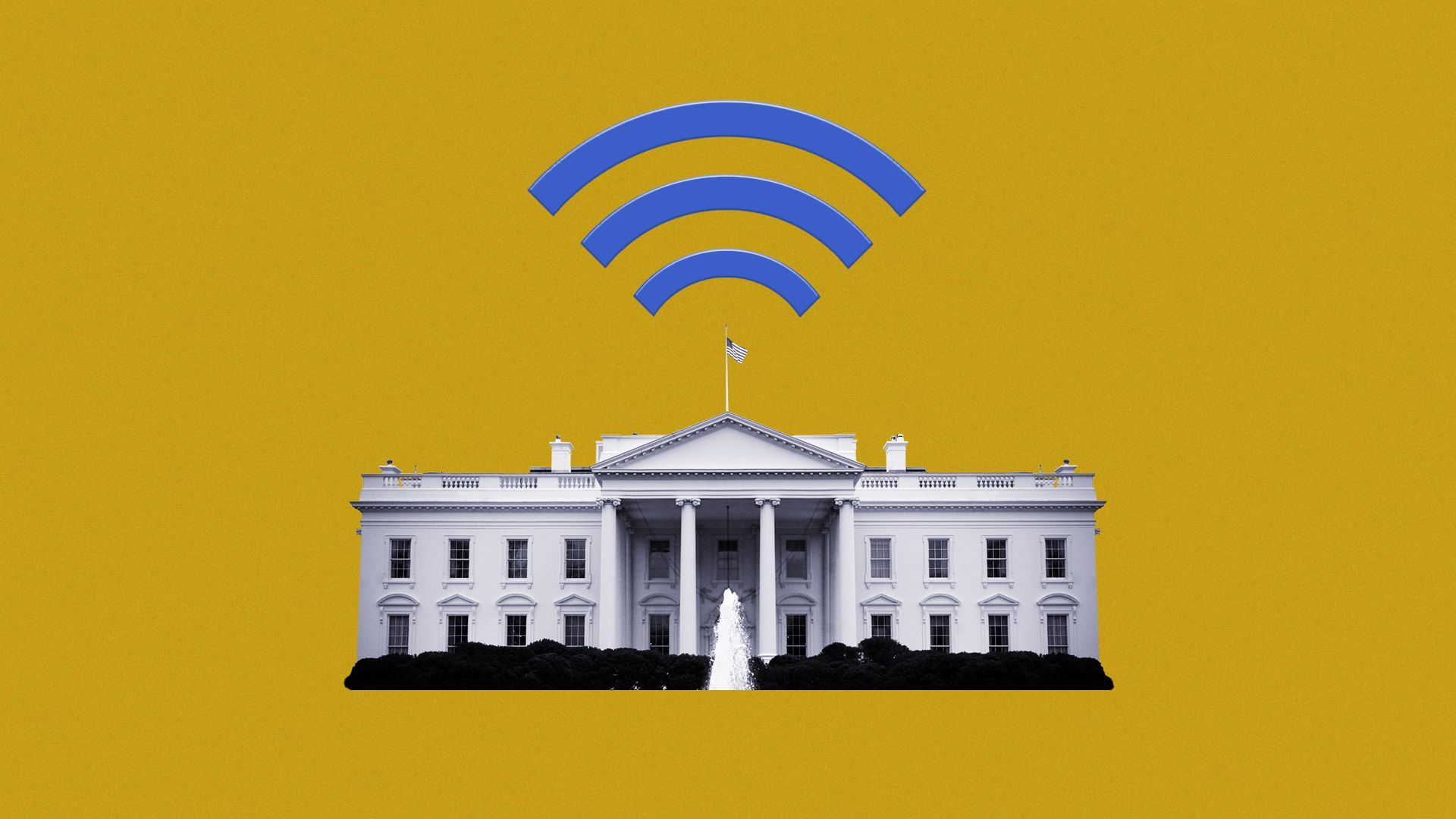|
Ticker
6/recent/ticker-posts
Axios Login: Biden orders tech crackdown
Ariana
Eylül 12, 2021
Popular Posts
Zed Lol Mobile
Eylül 15, 2021
Autarkis
Ekim 07, 2021

Bus Simulator Indonesia MOD APK (Unlimited Money)
Ekim 21, 2021

Muliro Garden / Kent's World: Muliro garden cont.......
Kasım 26, 2021

Need For Speed Most Wanted Free Download With Crack
Ekim 14, 2021
Random Posts
5/random/post-list
Labels
- Blog 233
- mp3 free download 12
- Android 9
- APK 7
- download 7
- Android Games 6
- Coin Master Hack Coins Spins Cheats Mods Generator Online No Verification 4
- PUBG Mobile Hack UC BP Cheats Mods Online Generator No Verification Android iOS 4
- Roblox Hack Robux Cheats Mods Online Generator No Human Verification Android iOS Facebook 4
- game 4
- Action 3
- Call of Duty Hack CP Credits Cheat Mod Generator Online No Human Verification Android iOS Xbox PS4 3
- How to Hack Coin Master 3
- Marrabenta 3
- News 3
- dream league hack 3
- 1 2
- 10mm 2
- 2 2
- 2016 2
- 2K21 CYBERFACE 2
- 8 Ball Pool Hack Cash and Coins Cheats 2
- 8 Ball Pool Hack Cash and Coins Cheats Online Generator Android iOS 2
- Ancients 2
- Breaking News 2
- DLS Dream League Soccer 2020 Hack Coins Cheats Online Generator Android iOS 2
- Games 2
- Music 2
- NBA 2K20 Hack VC and MT Cheat Online Generator 2
- OSR 2
- Online 2
- PSP PPSSPP GAME 2
- PUBG Mobile Hack UC and BP Cheat Android iOS No Survey 2
- RPG 2
- Reddit 2
- Video 2
- [ 2
- cartoons 2
- city 2
- cod m 2
- dls 2
- movies 2
- playground 2
- #Coronavirus 1
- #RPGaDAY2017 1
- (Official 1
- .White Sox 1
- 000m 1
- 01 1
- 0156 1
- 14 1
- 1940 1
- 1950s 1
- 1953 Cardinals 1
- 1975 1
- 1980's 1
- 1986 1
- 1991 Studio 1
- 2000's 1
- 2008-09 Upper Deck Champs Hockey 1
- 2015 1
- 2016 panini diamond kings 1
- 2017 Games 1
- 2019 1
- 2020 1
- 2021 1
- 2022 1
- 2K14 1
- 2K21 1
- 4 Apps Android 1
- 4.5 1
- 500px MOD Apk 1
- 5E DandD 1
- 6mm 1
- 911 1
- @Vans_Westly 1
- A 1
- A-Z 2015 1
- AFRO HOSE 1
- AJ Epenesa 1
- APK Mod 1
- APK only(no OBB-Data) 1
- ARIA CHRONICLE 1
- Abigail Spencer 1
- Action/Adventure 1
- Actress 1
- Adam Jones 1
- Adaptation 1
- Addictive 1
- Agent X 1
- Alfredo Di Stefano 1
- Ameritrash 1
- Android Apps 1
- Angola 1
- Animal Kingdom 1
- Antivirus 1
- Arcade 1
- Archie 1
- Armour 1
- Army Build 1
- Asphalt 8 Airborne 1.3.0 1
- Atama no Ue.) 1
- Atlas Comics 1
- BAMBI 1
- BRad stevens 1
- Baltimore Oriole 1
- Banana Flower 1
- Bat-Mite 1
- Big Willie 1
- Blogging 1
- Bollywood News 1
- Bond 1
- Books 1
- Books And Reference 1
- Boxing 1
- Bread 1
- Brushworks 1
- Burn Gorman 1
- Business 1
- Business Headlines Today 1
- Byamba 1
- Call 1
- Campaign progress (in character) 1
- Campaigns 1
- Catering 1
- CaulynDarr 1
- Cheat Engine Table 1
- Chicken Project 1
- Cincinnati Reds 1
- Coc 1
- Computer 1
- Courteney Cox 1
- DC 1
- DK 50 1
- DOWNLOAD Image Blender Instafusion v2.0.5 Apk 1
- DT Favourite 1
- Dark Eldar 1
- David Babaii 1
- Deadly Photographer 1
- Den 1
- Derek Jeter 1
- Device 1
- Devil 1
- Doctoral Scholarships 1
- Doha 2021 1
- Download Mp3 1
- EXCLUSIVO 1
- Early War 1
- Entertainment 1
- Exclusive 1
- FPS Shooter Offline 1
- Family Living Room A Design And Style 1
- Fantasy 1
- Featured 1
- Fifa 20 Mobile Hack Coin Point Gems Cheat Online Generator No Human Verification Android iOS 1
- Finance 1
- Food And Recipes Inspiration 1
- Football Games 1
- Free Comic Book Day 1
- Free Save File 1
- Frescobaldi Girolamo Alessandro 1
- Full Version Games 1
- GAMESDOWNLOAD 1
- Game Design 1
- Gamerhackershub.Com/Mobleg Mobile Legends Bang Bang Hack App 1
- Gamingorama.Com Cheat Dragon City Level 1
- Geburtstag 1
- Gemini 1
- Ghibli 1
- Greater Space Battles 1
- Greens 1
- Halle and Nahla 1
- Happy Birthday Bob Dylan 1
- Headhunters 1
- Heavy Gear 1
- Hercynian Grimoire 1
- Hip-hop 1
- Hot Wallpapers 1
- House Cleaning 1
- How to Hack Dragon City 1
- How to Hack VC MT NBA 2K20 Cheat Online Generator 1
- IOS 1
- IndiaTV Entertainment: Google News Feed 1
- Indonesian Food 1
- Insects 1
- Insidious: Chapter 2 1
- Instrumentais 1
- KarolGVEVO 1
- Kelly Coon 1
- Keri Hilson profile 1
- Kim Kardashian Hot HD Wallpapers 1
- Kinship 1
- Kizomba/Zouk 1
- LALYPOPSLIM 1
- LATEST UPDATEL 1
- Laundry Line Love 1
- Legend 1
- Life-in-Pakistan 1
- Lists 1
- Liz White 1
- Locked Room Mysteries 1
- Lunch & Dinner 1
- ML Hack 1
- MOD GAMES 1
- Medieval 1
- Medium Hairstyles 1
- Meek Mill 1
- Meek's Cutoff: DVD Review 1
- Megan Fox 1
- Mexico 1
- Mobile Games 1
- Mobile Legends Chou 1
- Models 1
- Monster 1
- Mp3 1
- Mtn 1
- Mustang 1
- My Custom City 1
- My thoughts and mumbling 1
- Música Moz 1
- N.Y. 1
- NARS Final Cut Collection 1
- NOTICIAS 1
- New base 12 1
- News And Magazines 1
- Operation Sports 1
- Ostfront 1
- Otherworld 1
- PPSSPP 1
- Paris 1
- Perch 1
- Photo 1
- Photography 1
- Pitch Perfect 3 1
- Player Collection: Luis Aparicio 1
- Punches 1
- R&B 1
- R/android 1
- RPLI 1
- RaMaDaSa 1
- Rap 1
- Recipes 1
- Recipes And Cooking Tips 1
- Red Obsession: DVD Review 1
- Reds 1
- Restaurants-Bars 1
- Rumours 1
- SCA 1
- Salvation 1
- Sangeeta Ghosh HD Wallpapers 1
- Scenery 1
- Scorpions 1
- Shakira and Gerard pique 1
- Shetland 1
- Simulator 1
- Sketches Churches 1
- Sniper 1
- Social 1
- Society 1
- Soulard 1
- Soups 1
- Special Report 1
- TV Report 1
- Tailgating 1
- Target 1
- Tasting Menu 1
- Techs 1
- Tercio Creativo 1
- Terminator Genisys 1
- Terrain Tuesday 1
- The Seventh Victim 1
- Third-person shooter 1
- Thoughts and Mutterings 1
- Tom Clancy's Splinter Cell 1
- Tony De Zuniga 1
- Tools 1
- Tory Michaels 1
- Travel And Local 1
- Tura Satana 1
- Ty 1
- Tyranids 1
- Unabomber 1
- Upcoming New Games Video 1
- Video Games 1
- Vikings 1
- WW2 1
- War In Space 1
- War of the Roses 1
- Wargame news 1
- Warlord Games 1
- Watt-Owen Louis 1
- Weather 1
- Wedding dresses 1
- William Hogarth 1
- World Famous 1
- World War I 1
- World of Twilight 1
- Writing 1
- Zombies 1
- a-trak 1
- acura 1
- adele 1
- alison janney 1
- analysis 1
- angry 1
- animals 1
- apk-mod 1
- app 1
- ari berk 1
- associated press 1
- atrak 1
- autarkis 1
- authors supporting authors 1
- baixar MP3 1
- ballers 1
- best 1
- billie holiday 1
- blue transparent clock icon png 1
- bola 1
- breaking bad 1
- bridal makeup 1
- brooklyn 1
- brows 1
- bts height chart 2019 1
- bulls 1
- causeway street 1
- character class 1
- cintiq 1
- clouds 1
- code d'invitation fortnite android 1
- collections 1
- como 1
- contest 1
- conventions 1
- conversion 1
- cruelty free 1
- daemonhunters 1
- dls 22 1
- doki doki literature club logo png 1
- dream league 1
- emmy rossum 1
- essex 1
- eve 1
- events 1
- exploitation film 1
- extruded fantasy product 1
- figures 1
- flowers 1
- for 1
- free foodie events in washington dc 1
- freehand 1
- friendship day gif download free 1
- frozen yogurt 1
- gadgetry 1
- game mods 1
- gamespot.com 1
- gaming philosophy 1
- getnow.live/dragon 1
- glass movie poster alex ross 1
- goals 1
- gta san andreas 1
- guardian angel upper back back tattoos for men 1
- hack 1
- hair styles for short hair boy 1
- how does fortnite aimbot work 1
- how to activate a beacon in minecraft 1
- how to activate windows 8.1 pro without product key offline 1
- hulu 1
- icon meals popcorn 1
- ign.com 1
- indians 1
- inspirelovebeautysounds 1
- irish ferries 1
- jane sutton 1
- jaws 1
- jedi knight 1
- king and queen of hearts tattoo meaning 1
- knight rider 1
- knitting 1
- knock offs 1
- licencia 1
- lifestyle 1
- lol mobile site oficial 1
- lol mobile wild rift download 1
- lolnfl 1
- manuscripts 1
- mario 1
- memes 1
- meta-sonnet 1
- money 1
- monster manual fantasy handmade gamer creature dungeons and dragons geek bugbear plushie beetle brain moled20 craft sewn sew 1
- my life 1
- no 1
- organization 1
- paleontology 1
- pc games 1
- pen-and-paper role-playing games 1
- ps4 1
- ramblings 1
- rebelforce radio 1
- release 1
- restaurants 1
- rules 1
- runway 1
- sales 1
- session 1
- sewing 1
- shows 1
- situation 1
- soldatin 1
- sounds 1
- sunday best 1
- technology 1
- tennessee basketball team roster 1
- thailand 1
- the old republic 1
- thoughts and feelings 1
- twilight 1
- wallpaper 4k pc gta v 1
- wanted 1
- warhammer40k 1
- weekend 1
- yellow 1
- yummy 1
- zed lol mobile 1
Popular Posts
Menu Footer Widget
Copyright ©
mengoat












0 Yorumlar